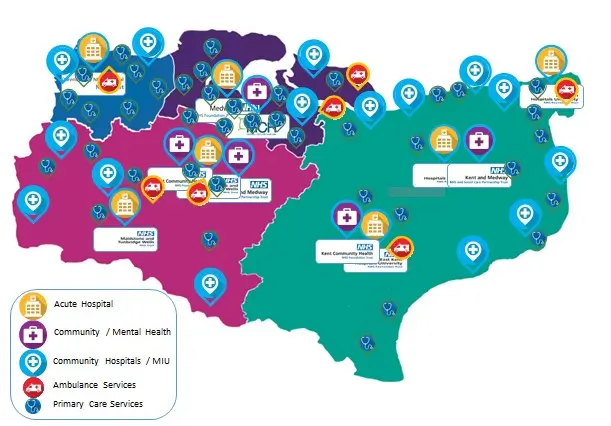Nursing gives you the opportunity to make a difference to peoples lives on a daily basis. There are four key areas of nursing you can choose to specialise in, with each leading onto a wide range of rewarding roles with plenty of scope for progression.
- Mental Health Nurse
- Learning Disability Nurse
- Adult Nurse
- Paediatric Nurse
Nursing Associates
Nursing associates work with healthcare support workers and registered nurses to deliver care for patients and the public.
They can work across all four fields of nursing: adult, children’s, mental health, and learning disability. As a nursing associate, your skills and responsibilities will vary, depending on the care setting you work in.
Where you can work as a nurse
As a nurse, you can work in a variety of settings. As well as hospitals, you can work in primary care (doctor’s surgery), care homes, schools, or treat people in their own homes (community nursing).

Career progression
You can become a nurse either through a nursing degree or by undertaking qualifications while you work through apprenticeships. Nursing pathways start from band 2 or 3 Healthcare Support Workers and go up to band 9 Executive Director of Nursing or Chief Nurse.
“Banding” such as band 3, is a way to categorize employees based on their qualifications, experience, and level of responsibility. There are nine bands, from 1 to 9, (from December 2018, band 1 was closed to new starters) with each band having multiple pay points.
Employees typically incrementally move up to the next pay point until they reach the top of their band.
Return to Practice
If you have previously been a registered nurse and wish to return to the profession then you may need to undertake a Return to Practice programme. The programme allows you to update your skills and knowledge so that you can become re-registered and return to work in nursing. The course can take between 3 and 12 months to complete. By the end, you will have the skills and knowledge to be able to return with confidence.
